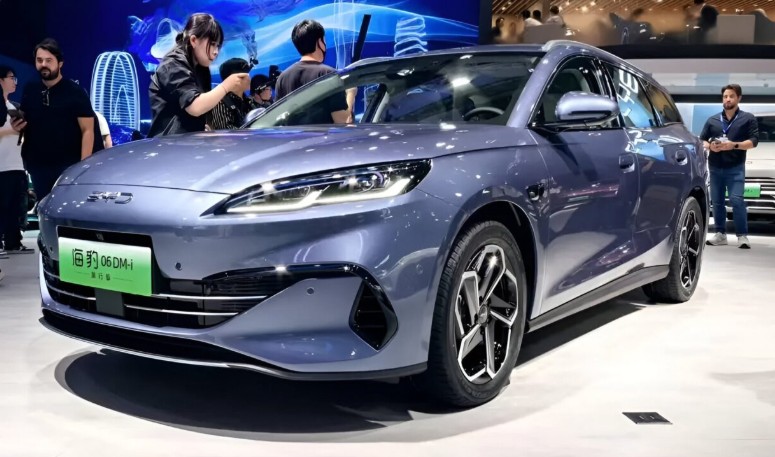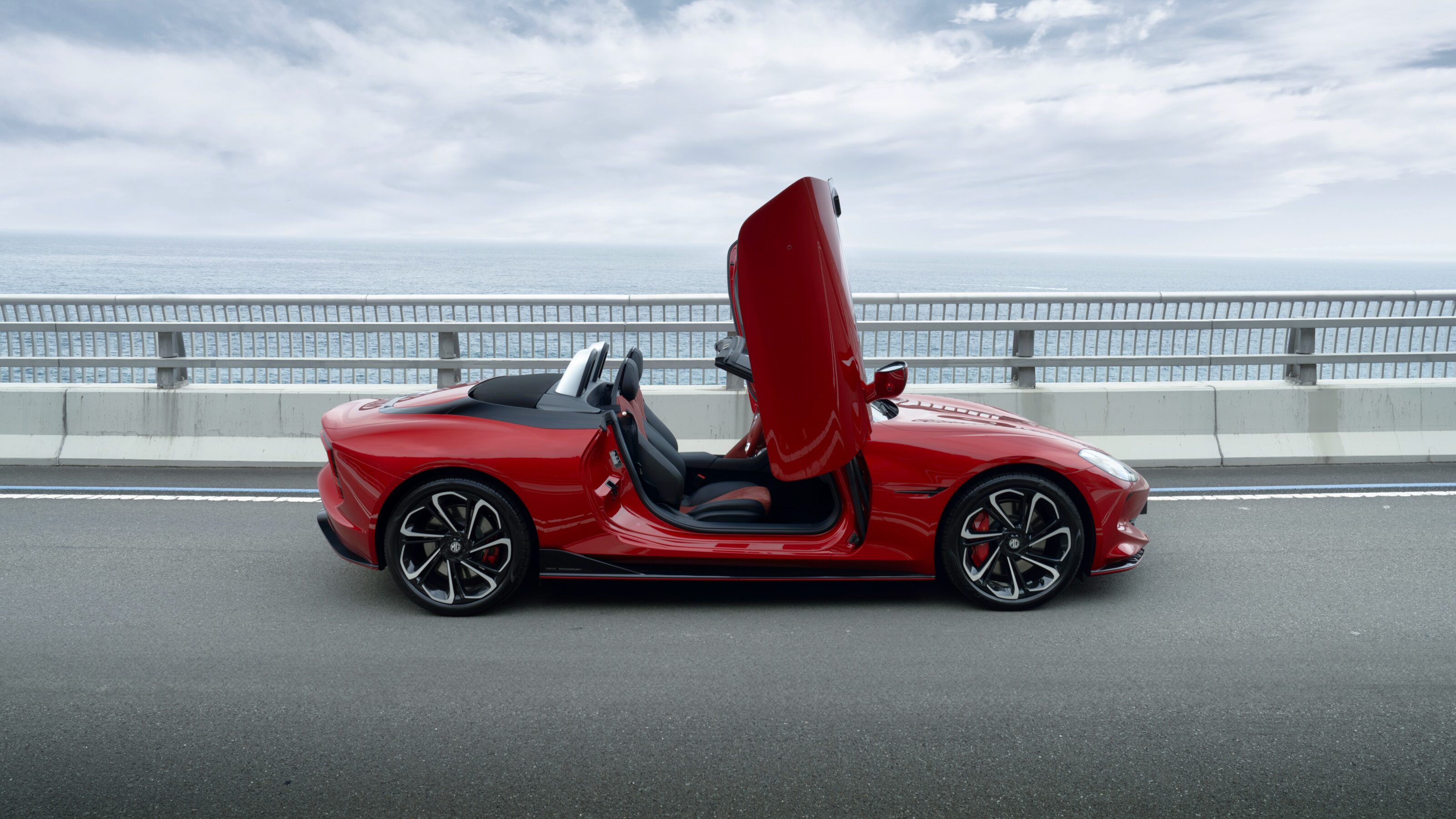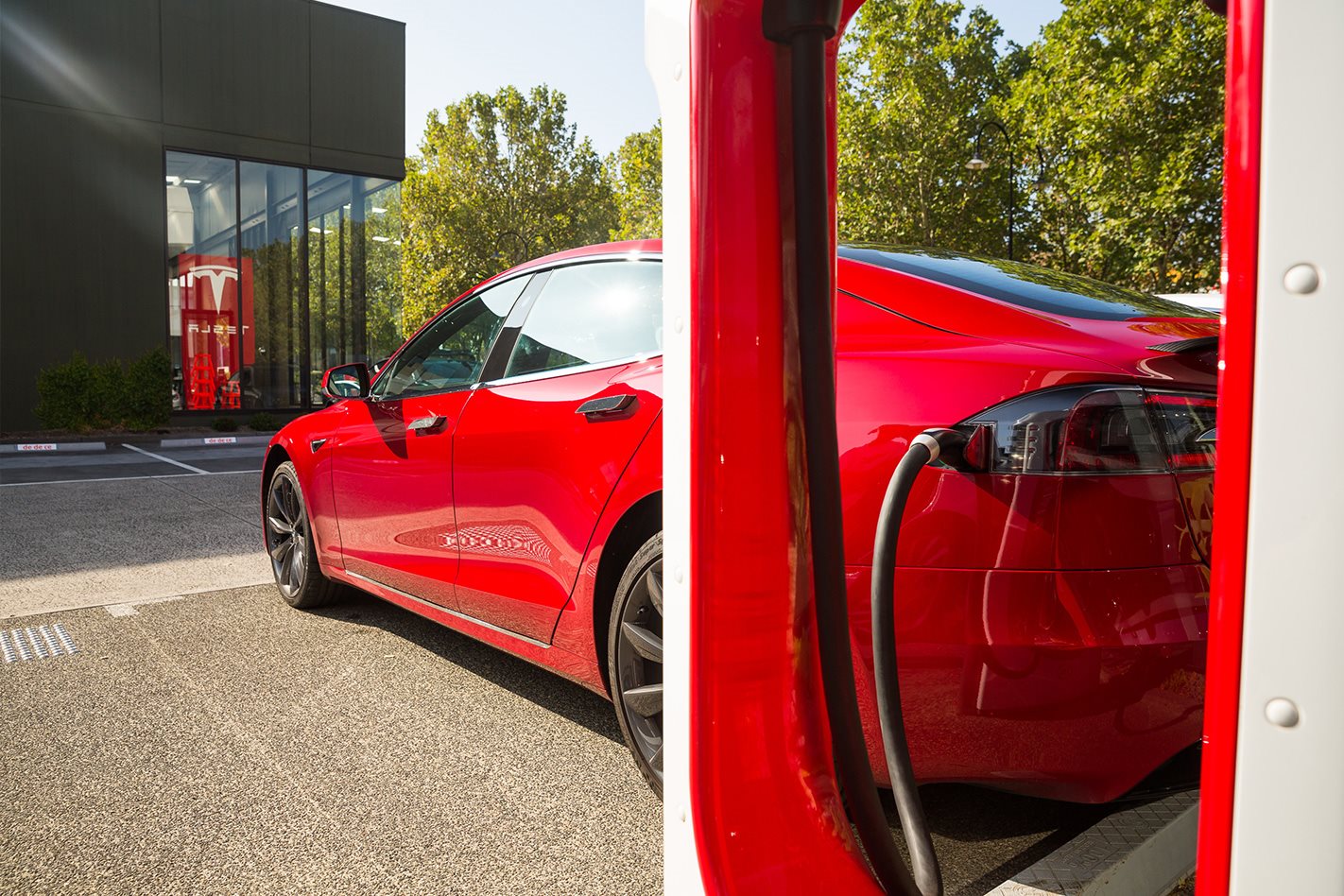
New sales figures collated by the Electric Vehicle Council show Australia is way behind in its battery electric vehicle (BEV) adoption as other markets around the world go gangbusters.
There were 6900 BEVs sold in Australia in 2020, representing a 2.7 per cent increase from the 6718 total in 2019. Though as a percentage of all cars sold, Australian EV sales lag behind the rest of the world by a large margin.
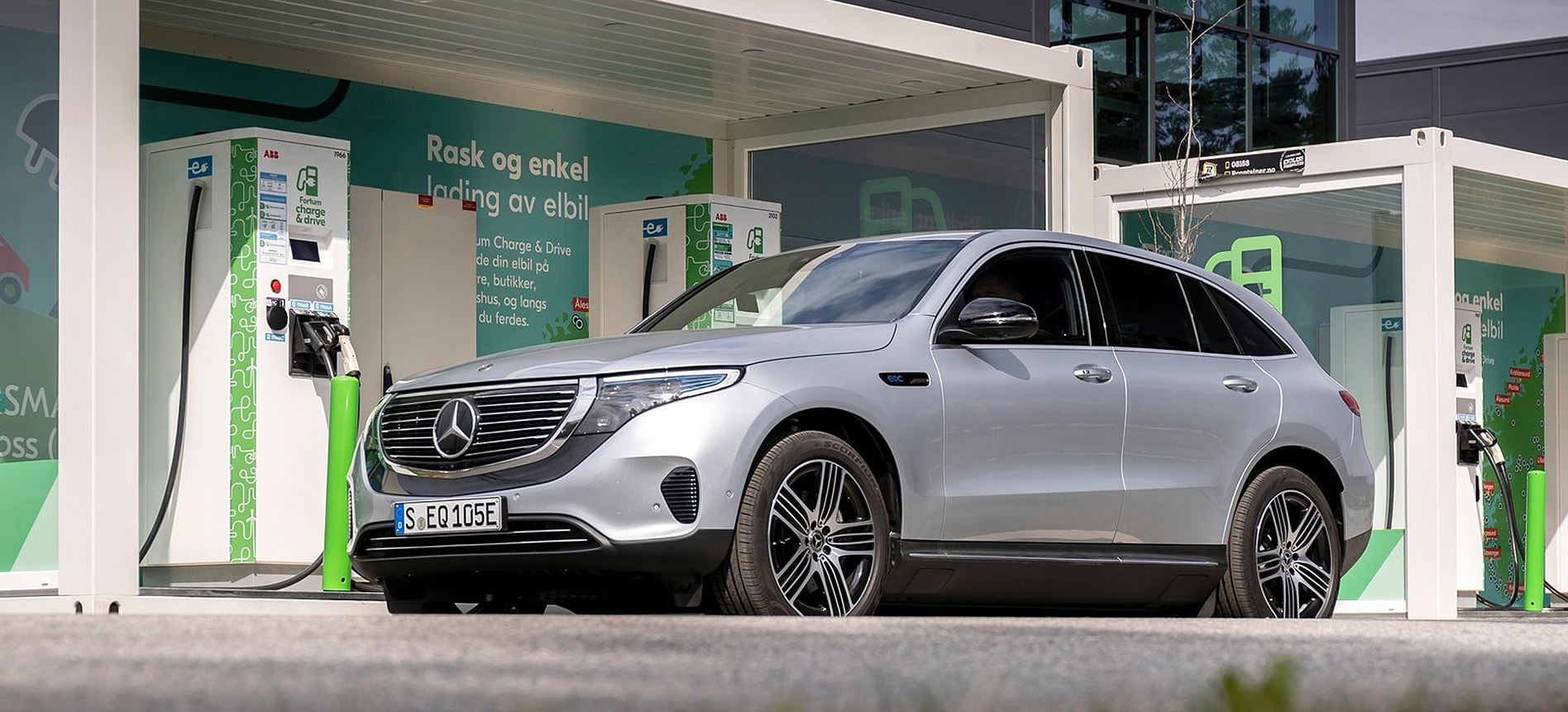
As it stands, 2020’s electric car sales result accounts for just 0.7 per cent of total Australian car sales.
By comparison, BEVs sold in Europe increased their market share from 3.8 per cent in 2019 to 10.2 per cent in 2020, while, in the United Kingdom, they leapt from a 3.1 per cent market share in 2019 to 10.7 per cent in 2020.
The accelerating trend continues in California, USA, where EVs increased from 7.6 per cent in 2019 to 8.1 per cent in 2020. Finally, in Norway, EVs rose from 56 per cent of all cars sold in 2019 to a whopping 75 per cent in 2020.
These figures paint a disappointing picture for Electric Vehicle Council chief executive Behyad Jafari, who insisted the anomaly has to stop.
“Australian drivers are ready to join the exciting global electric car transition, but our politicians are yanking the handbrake,” Jafari said.
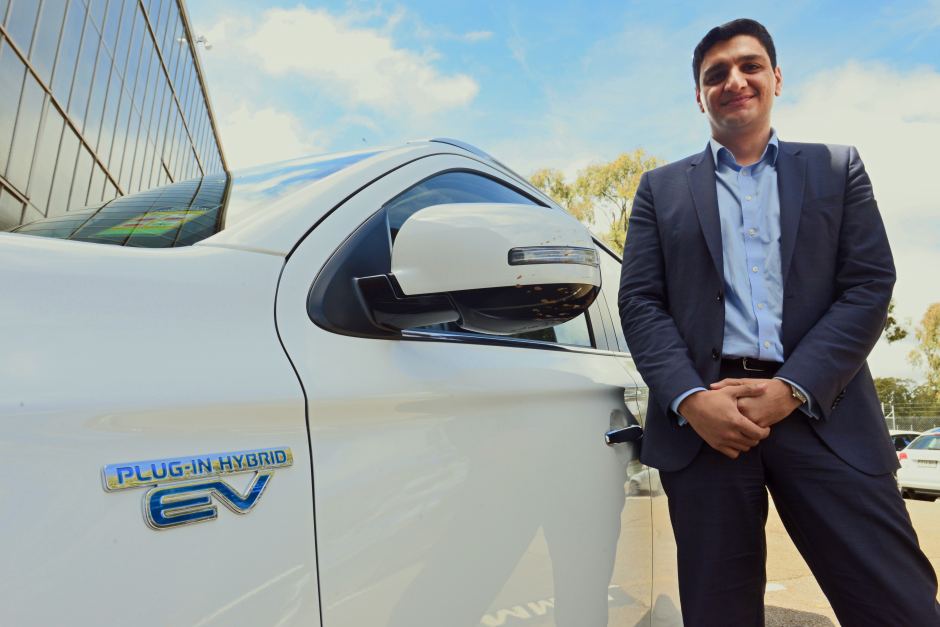
“There’s simply no sugarcoating it at this point – Australia has marked itself out as a uniquely hostile market to electric vehicles.
“We have no targets, no significant incentives, no fuel efficiency standards – and in Victoria we even have a new tax on non-emitting vehicles.”
This new Zero and Low Emission Vehicles (ZLEV) road-user charge will be introduced in mid-2021 and will tax Victorians based on how far they drive their electric vehicles each year. Drivers will have to self-report how far they travel to VicRoads, and be charged a 2.5c/km (full EVs) or 2.0c/km (plug-in hybrid) road tax accordingly.
“Victoria is now doing what no other jurisdiction on earth does by discouraging people from buying electric vehicles by slugging them with a special tax,” Jafari continued.
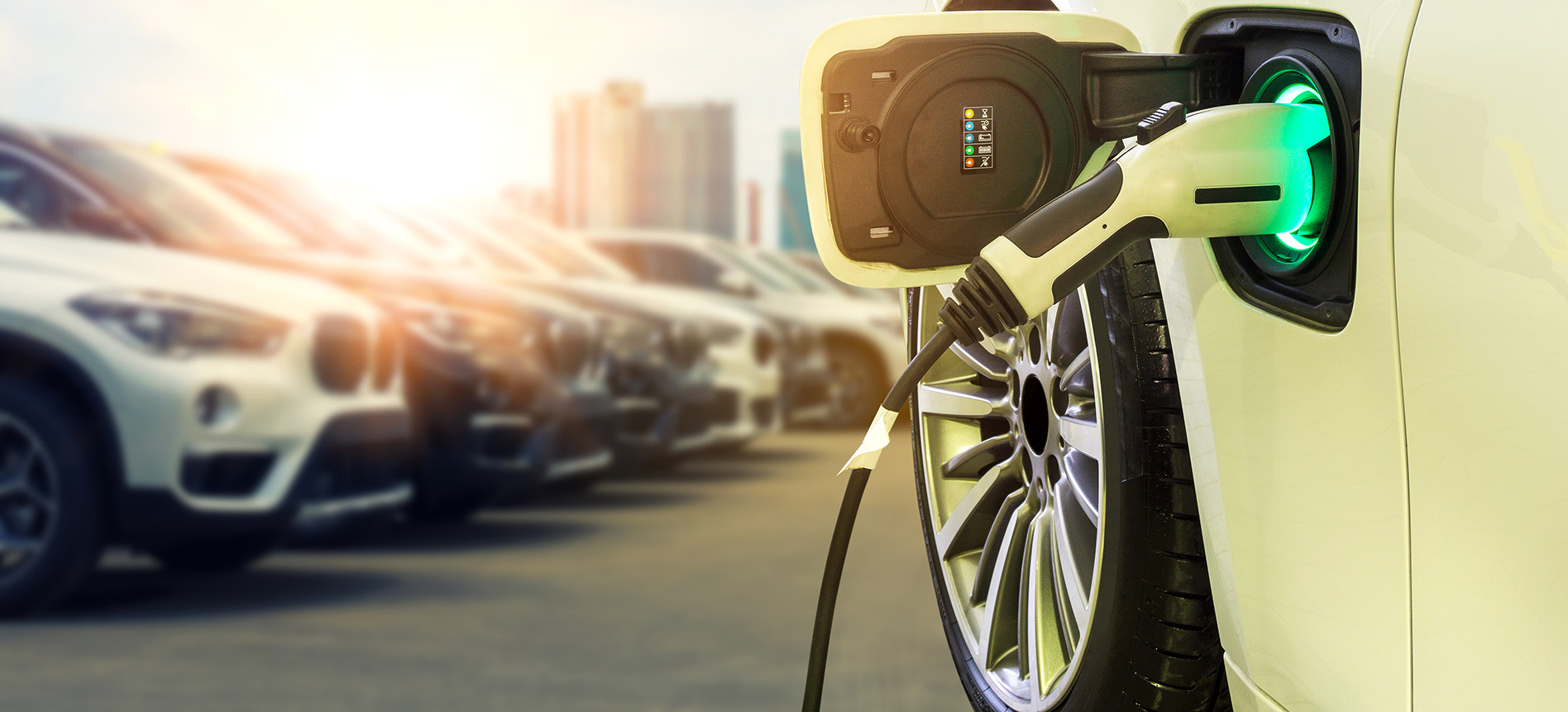
“The federal government’s inaction is bad, but even they’re not destructive enough to actively discourage electric vehicle uptake with a new tax.”
Countless jurisdictions around the world are planning combustion engine bans, prompting car manufacturers to introduce their own bans on combustion engine production.
Delayed investment in infrastructure and incentives look set to cause bottlenecks in the future when Australians have no choice but to buy an electric vehicle.
“If we follow the rest of the world and look to accelerate the shift to electric vehicles, we will be rewarded with clean city air, reduced carbon impact, enhanced fuel security, and a renewed manufacturing sector,” Jafari said.

